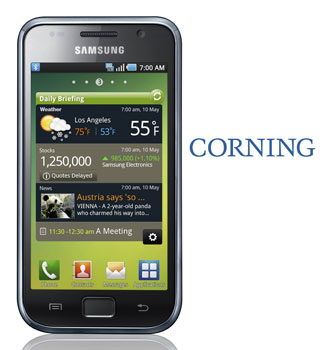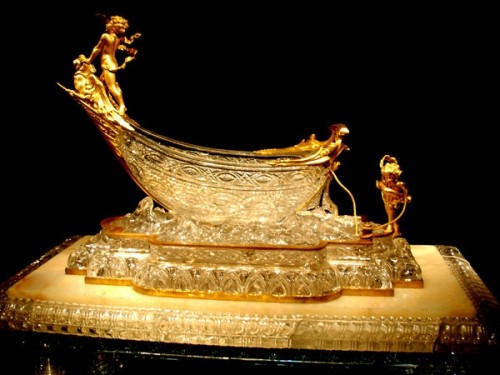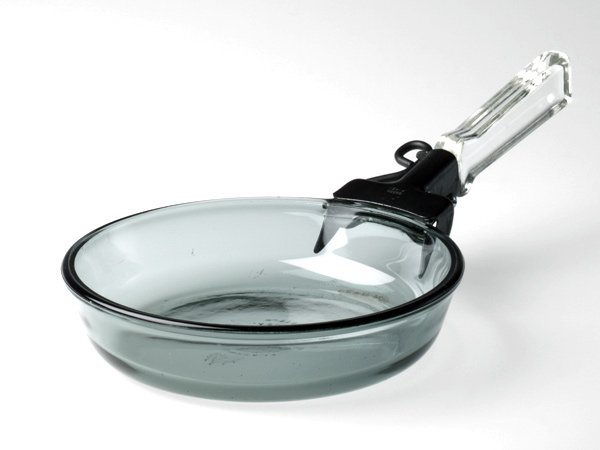This current road trip has become a de facto art tour. In fact, as I set out, it quickly became, all unintentionally, the Glass Tour. First I spent a morning at the Toledo Glass Pavilion, then a day or so later I spent several hours at the Corning Glass Museum.
I remember visiting this Museum when I was a young boy, and the family was driving out during summer vacation to visit my aunt and uncle in Connecticut. We traveled through northern New York state on that trip, just as I am now. I remember stopping on a hot sweltering July day to have a picnic lunch in Olean. I remember learning about the history of public speaking at Lake Chataqua. I remember passing through the Finger Lakes region, then as now, and my father's interest in New York wines probably dates from this family road trip. We did at least one wine tour that I can recall, and us kids were given grape juice, so as to feel included. I remember Dad telling us, as we drove on, about the history of Welch's Grape Juice, and it's founding by a Methodist minister in order to have non-alcoholic communion practices.
I have several small glass animals, found again in my belongings after the move last year, made by glass-firing. You take a rod of glass, heat it till soft, then form it by touch to other glass pieces to make glass animals.
I remember watching demonstrations just like this at the Ann Arbor Art Fair when I was a boy, and buying at least one glass animal for myself each year. In my small collection are a porcupine, a long winding snake, and some other pieces.
As a photographer, I am fascinated by optics: refractions and reflections in glass, in mirrors, in reflecting windows, in smooth water surfaces such as ponds and lakes.
The way light strikes and plays on reflective surfaces is magical to me. Optics is also about refraction, the science of lenses, and the expansion of the human eye's ability through glass technologies such as the telescope, microscope, and fiber-optics.
There are numerous optics displays in the science and history section of the Glass Museum. I spent most of my time there, looking at everything carefully. I know a lot more of the science behind optics now than I did as a boy, but the images themselves are just as magical to me now, just as compelling.
I also saw a glass-blowing demonstration here at the Museum, which they put on regularly throughout the day. When the glass has been shaped, it remains very hot, very brittle. Annealing is a gradual cooling process that slowly brings the hot glass down to room temperature; otherwise, it would shatter too easily.
The demonstration included placing a piece of paper inside this finished blown-glass vase, wherein the paper turned into a blame of flame within the vase. It was as though the demonstrator were holding a fireball in his hand, preparatory to throwing it, perhaps as a lightning-bolt directed towards the problem children of the world.
I remember this duplicate of a huge reflector telescope mirror. I have, actually, a small glass replica of it, bought at the Museum when I was a boy: an ashtray in this shape, repeating these patterns.
I remember the tour guide telling us how precise the grinding of the glass had to be, and how equally precise the application of the reflective coating had to be, to minimize image distortion and create as perfect a telescope image as possible.
stained-glass rainbows on silicone transistors: beauty of data
I'm fascinated by those moments when science and art converge: when some piece of scientific work, or its presentation, become aesthetically pleasing, artistically interesting. I don't think science has to be dry. I think it can be elegant and beautiful in its own way, in its own right, and those moments of convergence are worht seeking out. There are many of them here at the Corning Glass Museum.
In another wing of the Museum there is a huge gallery of glass, arranged chronologically. The gallery is circular, and tells the story of the human use of glass, practical as well as decorative, down the ages. Some amazingly beautiful pieces are included, as well as some amazingly odd and weird pieces. Again, my favorite glass was the very old and the very new.
There was a special modern art-glass gallery set up in one section, with representative pieces by many well-known living art-glass masters.
Some of the historical and period pieces were also compelling. There was one entire wall of glass paperweights. There were tile mosaics on many themes.
There were several Tiffany murals and stained glass windows of exceptional delicacy and beauty.
I'm doing an impossible survey here. The Museum contains enough diverse material that it would take me a week to feel like I'd thoroughly explored it.
In other buildings, nearby, there are other aspects of glass, too, including art-glass-making classes for kids and adults, and a huge research library that would be fun to dig into on another visit.
The Art Deco and Art Nouveau (Arts & Crafts) sections of the historical museum contained some favorite pieces, including the Tiffanies, but also some experimental work I'd never seen before.
And on the way out, there was an entire floor of gift shop items. I bought a few small things, including a couple of fun little kaleidoscopes. As I said before, optics fascinates me. It's all about light: my photography, as I've said before, is about light, and light's creation of the world we inhabit. I also take photos through the kaleidoscopic devices that I have, from time to time. It gives one an interesting perspective on the world. Sometimes a bug's-eye view, sometimes the universe seen through the eyes of the stars.
I liked these displays of art-glass for sale. The bookstore section actually had a display case set into the floor: boxes under glass you walked over, into which were set various books and displays. There was a large display of glass flowers for sale, placed inside an old Chevy pickup, as though they were being taken to market. I was enchanted by these. I would have bought two or three, had I been able to think of a safe way to transport them all the way on this current road trip, then all the way home again. Alas, not this time. Perhaps another.





























No comments:
Post a Comment